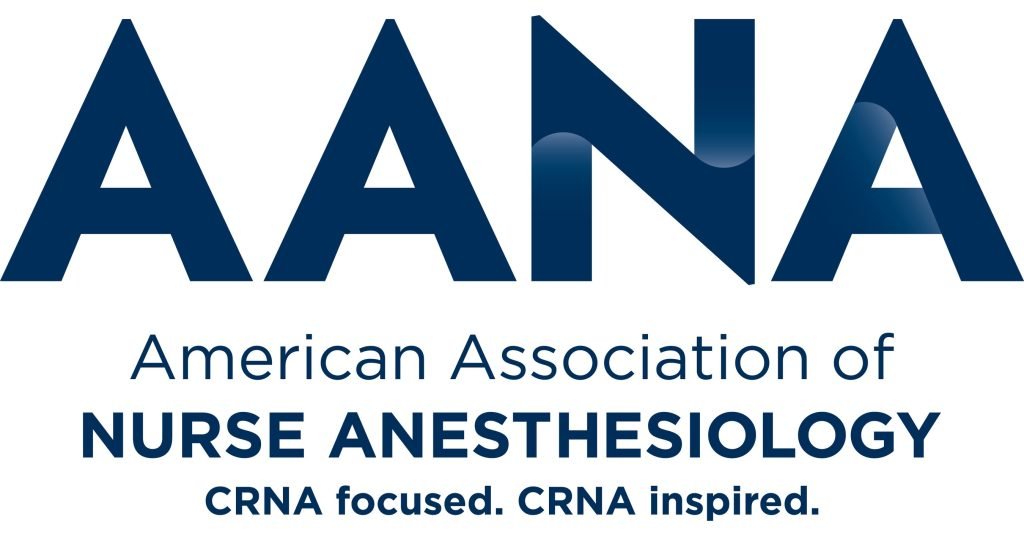Bipartisan Support for Veterans Anesthesia Care
More than 50 Legislators Unite in Bipartisan Effort to Guarantee Secure Anesthesia Care for Veterans

A significant legislative milestone has been achieved today as H.R. 3347, known as the Protect Lifesaving Anesthesia Care for Veterans Act, garnered support from over 50 bipartisan cosponsors. This bill, endorsed by the American Society of Anesthesiologists (ASA), seeks to prevent the removal of physician anesthesiologists from the team of healthcare professionals delivering surgical services to Veterans in U.S. Department of Veterans Affairs (VA) hospitals.
RELATED ARTICLES More than 50 Lawmakers Join Legislative Effort to Ensure Safe Anesthesia Care for Veterans
Commending the bipartisan support, ASA President Ronald L. Harter, M.D., FASA, stated, “I applaud the more than 50 lawmakers from across the political spectrum for coming together to protect our nation’s Veterans. Our nation’s toxic exposed PACT Act Veterans, in particular, deserve only the highest standard of care.” Dr. Harter emphasized the importance of ensuring Veterans’ access to the same standard of care as any other citizen in their state. He expressed anticipation for more legislators to join this crucial legislation and urged Congress to swiftly advance H.R. 3347.

Introduced by Representatives David Scott (D-GA-13), Yvette Clarke (D-NY-9), Andrew Garbarino (R-NY-2), and Michael Turner (R-OH-10), H.R. 3347 aims to guarantee that Veterans receive an equivalent standard of anesthesia care as their fellow citizens. Recently, the VA Office of Nursing Services proposed a shift from VA’s anesthesiologist-certified registered nurse anesthetist (CRNA) team-based model to a CRNA nurse-only model of anesthesia, a move contested by the ASA.
RELATED ARTICLE Nurse Anesthetist Education Program
Physician anesthesiologists undergo extensive training, completing between 12,000 and 16,000 hours of clinical training, while CRNAs are mandated to complete only 2,500 hours. Unlike anesthesiologists, CRNAs do not attend medical school or complete a medical residency. The complexities of anesthesiology, as a medical specialty, necessitate physician leadership, emphasizing that anesthesiologists and CRNAs are not interchangeable professionals.

As the legislative effort gains momentum, citizens are encouraged to engage with their lawmakers, urging them to cosponsor H.R. 3347/S. 2070, reinforcing the commitment to maintaining high standards of anesthesia care for Veterans.
RELATED ARTICLE Letter to the editor: Support legislation on anesthesiology care for veterans

About the American Society of Anesthesiologists: Established in 1905, the American Society of Anesthesiologists (ASA) stands as an educational, research, and scientific society boasting over 57,000 members dedicated to elevating and upholding the standards of the medical practice of anesthesiology. The ASA is steadfast in its commitment to ensuring physician anesthesiologists assess and supervise the medical care of patients throughout the surgical process, delivering the highest quality and safest care that every patient deserves.
